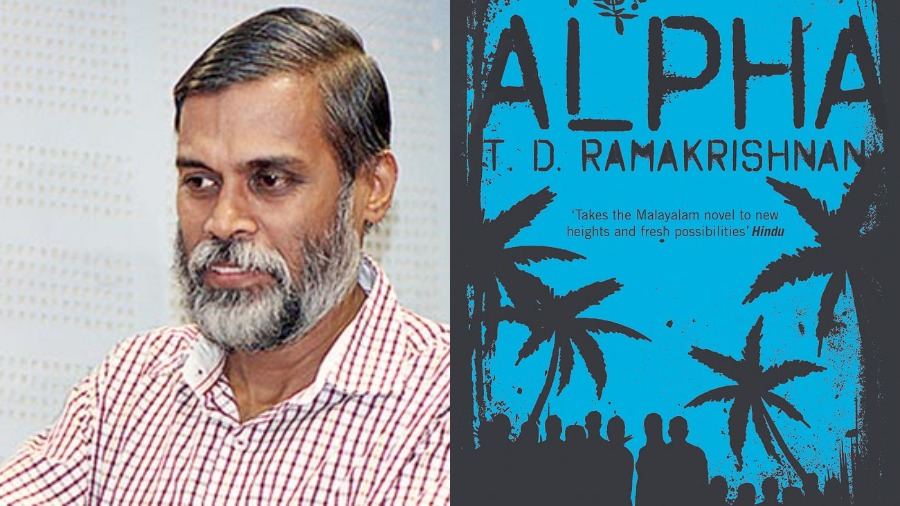Fascinating doesn’t even begin to describe Kerala Sahitya Akademi Award-winning author T.D. Ramakrishnan’s novel Alpha. It has now been translated by Priya K. Nair, successfully reaching a global audience who perhaps needs this book more than it understands. In this fictional tale where science and philosophy casually walks hand-in-hand, Alpha is an island where 13 people embark on a journey encompassing 25 years of their lives. Professor Upulendu Chatterjee had radical anthropological ideas often sent media scrambling towards headlines. Often equating freedom from societal norms as the deterrent for human growth, he decides to collect 13 people from wildly different backgrounds to live on an untraced island for a period of 25 years. Of the many things that these subjects decide to forgo, even language is one. Communicating through sign language, these people are encouraged to live a primitive life where no rules exist, and neither does morality.
Only one person happened to know the details and whereabouts of this experiment, an academic colleague whose sole job was to rescue the group 25 years later and present the findings. A short first chapter marking the arrival of the subjects on the island is cut to 1998, 25 years later when two men visit the island to continue the planned mission. The stories of the last 25 years appear in a study-like manner, raising questions that every individual has encountered at some point in their lives.
“Only the mind can analyse the distinction between right and wrong. Your sense of what is right or wrong may not be mine. You have taken a stance that is sanctioned by the society in which you live, or perhaps your mind analyses things based on the norms generated by your society. Shake off those norms and analyse this problem from a perspective other than that of the family or society. Then guilt does not come into the equation,” says a rescued person, Santosh, to the narrator of the tale.
There is fierce debate on the life that has been deprived to the 47 people who now occupy the island, progeny to the original 13, some of whom were rescued in 1998. Here is debate around language being a medium and the foolishness of discarding it, even for a minute. Those who are rescued narrate their tale earnestly, in an effort to justify their actions so many years back.
Nair’s translation is concise and her straight-forward approach lends a report-like quality to the novel, akin to the one that was originally meant to be written in the tale by Upulendu Chatterjee. However, the style only adds to the punchiness of the short novel that will have you rushing through in your quest to know more. Dismantle ideas of identity, emotions, intellect and morality and unpack the true meaning of being a human being with this book. Take a peek at one of the sharpest minds of Malayalam literature that is T.D. Ramakrishnan with his debut novel Alpha.











